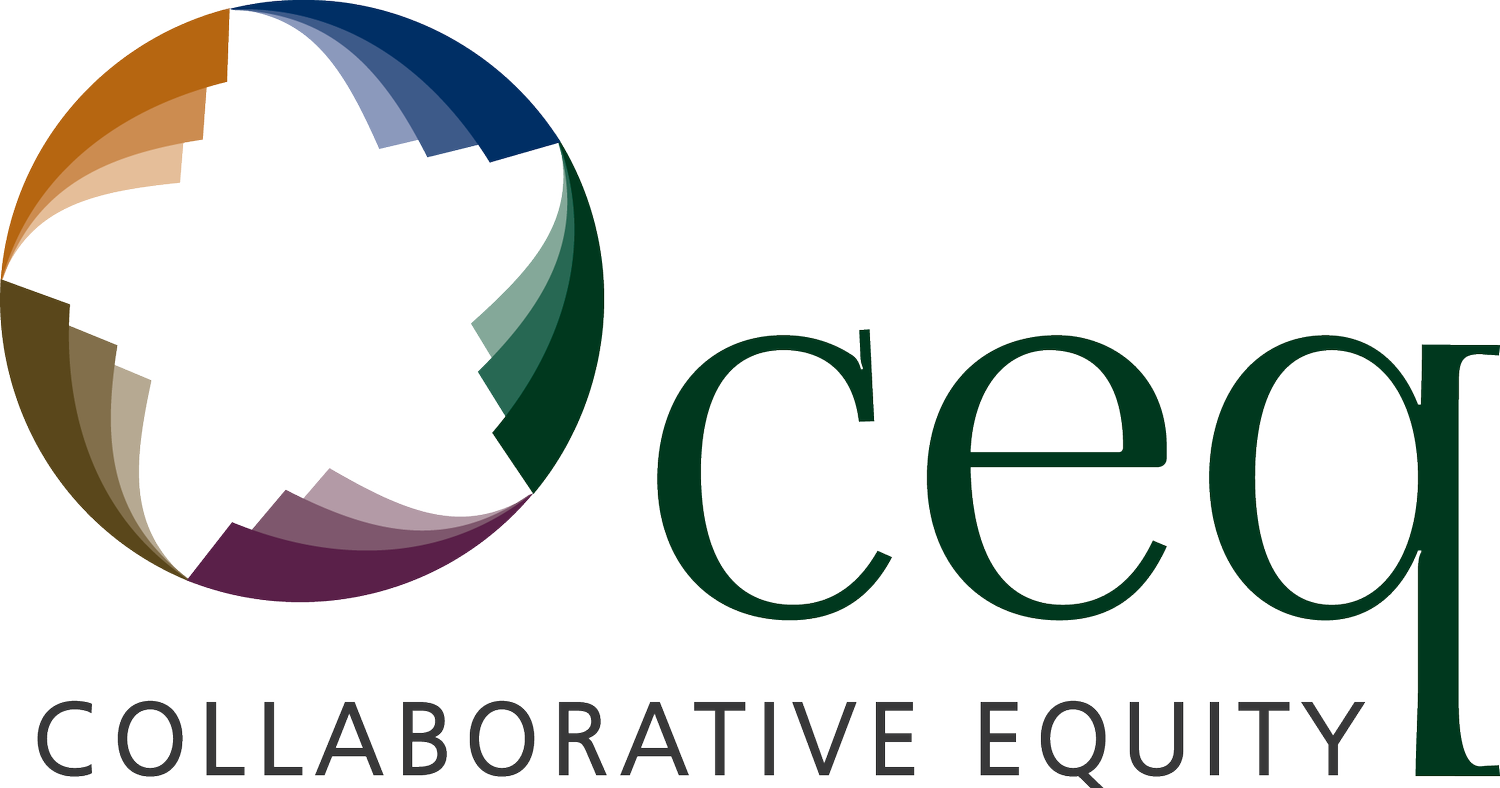Peer Group Coaching
/Coaching teams is different to coaching individuals, but actually the trick is to treat the team as a single organism. Many managers fall into what I call the ‘hub and spoke’ trap. This is where in meetings, the boss has a series of 1:1 transactions with individual team members, thus reinforcing their control culture and communicating that they need to be involved in everything.
My technique is to keep the conversation or the issue out at the perimeter, to get the team members helping each other – relying on each other rather than me. So in a meeting I will encourage people to converse with each other and not with me; to challenge each other and not to wait to see which side of the judgmental fence I am going to jump down on.
Often chairing a meeting, or facilitating a group, I will drop my eye contact to the floor after throwing a question out to the group. I am now communicating that it is the group’s turn to speak - that I will not rescue them. I may sit back and have a sip of coffee, demonstrating that I am under no pressure at all. The key however is that the group must KNOW they have been asked a question. Therefore you will need to ask a very specifically worded question, not simply make an observation that sort of invites a response but could be avoided!
Coaching a group can be an almost exponentially more effective way forward than coaching a single individual.
My mission when I undertake a coaching programme within a company is to see ‘Peer Group Coaching’ embedded into the culture. Then I know it’s going to stick and to grow.
I believe that teams operate better than individuals. Teams can achieve more – it’s the old 2 + 2 = 5 syndrome. A team is of course made up of individuals, and their performance and actions are of course what make up the combined energy and output of the team, but if we are to truly harness the exponential power, the synergy that only a team can produce, then we must be clear on what makes a great team. And the best way to create and develop teams is to work on the relationships of trust and respect between members. This cannot be done by simply telling people to trust and respect each other or even just agreeing that we all DO; it HAS to be facilitated. And it is ‘peer group coaching’ that does this. Psychometrics and 360 degree feedback processes are great to create a basis and a foundation or understanding, acceptance and mutual support, but it is ‘peer group coaching’ that makes it all come alive.
The trick is to create an environment where the team is bigger than the individual – not just a personal subordination to the Mission or Purpose, or even to the Value, but to my team.
All this means is that instead of struggling alone with an issue, or taking it to our boss, we ask one of our colleagues to coach us through it. In fact when it’s really in the culture, people will go to the Peer who will challenge them the most, which might well be the one who’s characteristics are most different. True diversity is not about what has become the ‘politically correct’ view of gender, ethnicity, sexual orientation or physical and mental capacity, (although equality of opportunity and access is of paramount importance) it’s practically about honouring difference as the most amazing source of innovation, efficiency, execution and support.
Again this is one of those common sense things that we all agree is great and that we will do, and then we don’t do it. I’ll leave it to you to decide.
Article excerpted from “And The Leader Is….” and “Corporate Emotional Intelligence…” by Gareth Chick
About the Author:
Gareth Chick is a 40 year corporate veteran with a global profile. His career has included hugely successful spells as CFO, CEO and Chairman in both public and private sectors, including private equity. What makes Gareth's experience unique is that he combined those executive roles with a part time career as a leadership trainer, researching psychology, neuroscience and psychotherapy to create leadership development programmes used now by many major global corporations. In the last 15 years Gareth has trained over 5000 managers and served as Executive Coach to over 200 senior execs including FTSE100 CEOs and Fortune 500 VPs. As Founder of Collaborative Equity LLP, “promoting corporate cultures and sustainable business models of shared ownership, shared responsibility and shared rewards", Gareth acts as consultant to many global leaders, specialising in first time CEOs and Start Up founders. ↠ find out more at ceq.com


